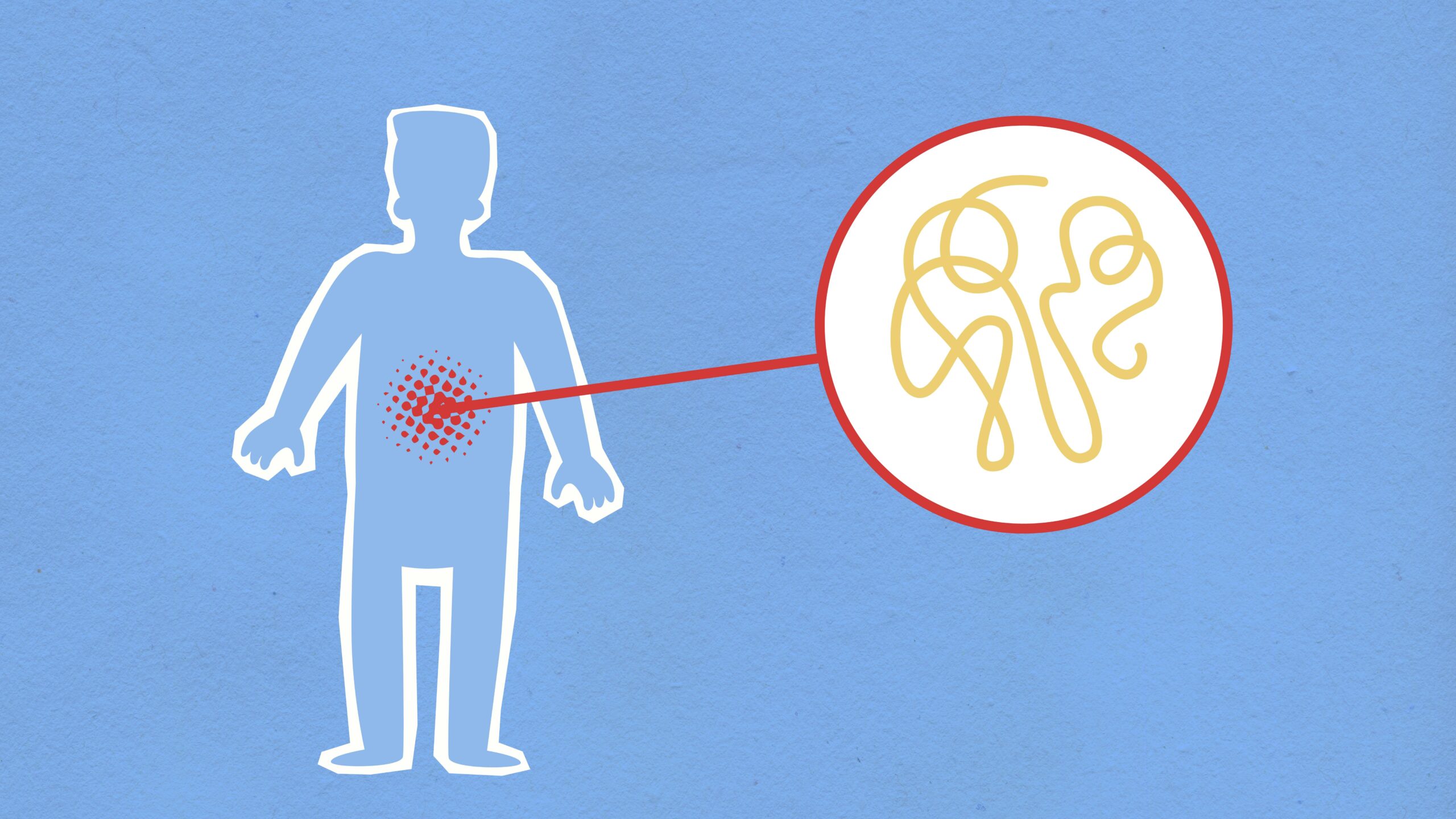Genomic research holds transformative potential for medicine and science, yet it raises profound concerns about individual privacy, data security, and the ethical use of genetic information in our digital age.
🧬 The Intersection of Genomic Innovation and Privacy Concerns
The rapid advancement of genomic sequencing technologies has revolutionized our understanding of human health, disease susceptibility, and personalized medicine. As costs have plummeted from billions to mere hundreds of dollars per genome, millions of individuals worldwide have contributed their genetic data to research databases, consumer genetics companies, and medical studies. This unprecedented accumulation of sensitive biological information creates both extraordinary scientific opportunities and significant privacy challenges that demand careful ethical consideration.
Genetic information is fundamentally different from other types of personal data. Unlike a password or credit card number, your genome cannot be changed if compromised. It reveals not only information about you but also about your biological relatives, creating a web of privacy implications that extends across families and generations. This unique characteristic makes genomic privacy protection an urgent priority for researchers, policymakers, and society at large.
Understanding the Unique Nature of Genetic Privacy
Genomic data contains layers of sensitive information that extend far beyond simple identification. Your DNA sequence can reveal predispositions to certain diseases, behavioral traits, ancestral origins, and even physical characteristics. This information, once disclosed, has permanent implications for individuals and their families.
The permanence of genetic information creates risks that persist throughout a person’s lifetime. Insurance discrimination, employment bias, and social stigmatization represent real concerns when genetic data falls into the wrong hands. Several documented cases have shown how genetic information, even when anonymized, can be re-identified through sophisticated computational techniques combined with publicly available databases.
The Challenge of Genetic Data Anonymization
Traditional anonymization methods that work for conventional datasets often fail with genomic information. Researchers have demonstrated that genetic data can be re-identified by cross-referencing with genealogical databases, social media profiles, and other publicly available information. This vulnerability necessitates more robust protection mechanisms beyond simple data de-identification.
🔐 Regulatory Frameworks Protecting Genomic Privacy
Various jurisdictions have implemented legal frameworks to safeguard genetic information, though approaches vary significantly across regions. Understanding these regulations is essential for ethical genomic research practices.
The Genetic Information Nondiscrimination Act (GINA)
In the United States, GINA provides federal protection against genetic discrimination in health insurance and employment. Enacted in 2008, this landmark legislation prohibits health insurers from using genetic information to make decisions about coverage or premiums. Similarly, employers cannot use genetic data in hiring, firing, or promotion decisions.
However, GINA has notable limitations. It does not cover life insurance, disability insurance, or long-term care insurance. Additionally, it only applies to employers with 15 or more employees, leaving gaps in protection for workers at smaller organizations.
European General Data Protection Regulation (GDPR)
The GDPR classifies genetic data as a special category of personal information requiring enhanced protection. Under this regulation, processing genetic data requires explicit consent, and individuals maintain strong rights over their information, including the right to access, correct, and request deletion of their data.
The GDPR’s extraterritorial scope means that any organization processing genetic data of EU residents must comply with these stringent requirements, regardless of where the organization is located. This has created a de facto global standard influencing genomic research practices worldwide.
Implementing Ethical Consent Practices in Genomic Studies
Informed consent represents the cornerstone of ethical genomic research, yet obtaining truly informed consent for genetic studies presents unique challenges. The complexity of genomic information and its evolving interpretations over time complicate traditional consent models.
Dynamic Consent Models
Traditional one-time consent processes are increasingly recognized as inadequate for long-term genomic research. Dynamic consent frameworks allow participants to engage with their data continuously, updating preferences as research evolves and new uses emerge. These models leverage digital platforms to maintain ongoing communication between researchers and participants.
Dynamic consent platforms enable participants to:
- Receive regular updates about how their genetic data is being used
- Modify consent preferences for future research projects
- Access their own genomic information and research findings
- Withdraw consent for specific uses while maintaining participation in others
- Stay informed about new discoveries relevant to their health
Broad Consent Versus Specific Authorization
The tension between broad consent for future unspecified research and specific authorization for particular studies remains a central ethical debate. Broad consent facilitates valuable secondary research uses of genomic data but may not adequately inform participants about all potential applications. Specific authorization provides greater transparency but can create logistical barriers to important research.
Many institutions now adopt tiered consent approaches, allowing participants to choose their comfort level with different types of future research while maintaining flexibility for investigators to pursue valuable scientific questions.
🛡️ Technical Safeguards for Genomic Data Protection
Beyond legal and ethical frameworks, robust technical measures are essential for protecting genomic privacy. The field of privacy-preserving genomic analysis has developed sophisticated tools to enable research while minimizing privacy risks.
Encryption and Secure Computing
End-to-end encryption ensures that genomic data remains protected during storage and transmission. Homomorphic encryption techniques allow computations to be performed on encrypted genetic data without decrypting it, enabling analysis while maintaining privacy protection throughout the process.
Secure multi-party computation protocols enable researchers from different institutions to collaborate on genomic analyses without sharing raw genetic data. These cryptographic methods compute aggregate results while keeping individual genetic sequences confidential within their original repositories.
Differential Privacy Techniques
Differential privacy adds carefully calibrated statistical noise to genomic datasets, allowing researchers to extract meaningful patterns while protecting individual privacy. This mathematical framework provides provable privacy guarantees by ensuring that the inclusion or exclusion of any single individual’s data does not significantly affect research outcomes.
Major genomic databases are increasingly implementing differential privacy protections. The technique allows researchers to access valuable summary statistics and correlations while preventing the identification of specific individuals within the dataset.
Addressing Secondary Use and Data Sharing Concerns
Genomic research often requires sharing data across institutions and international borders to achieve sufficient sample sizes for statistical power. This necessary collaboration creates additional privacy considerations that must be carefully managed.
Controlled Access Mechanisms
Most major genomic repositories now implement controlled access systems requiring researchers to submit formal applications, undergo ethics review, and agree to specific data use limitations. Data Access Committees evaluate requests based on scientific merit, ethical considerations, and the researcher’s institutional safeguards.
These gatekeeping mechanisms balance the scientific value of data sharing with privacy protection, ensuring that genomic information is used only for legitimate research purposes by qualified investigators with appropriate security measures in place.
International Data Governance Challenges
Global genomic research collaborations must navigate varying privacy regulations, cultural norms, and ethical standards across jurisdictions. International frameworks like the Global Alliance for Genomics and Health (GA4GH) work to harmonize data sharing practices while respecting regional differences in privacy protection requirements.
💡 The Role of Genomic Privacy in Consumer Genetics
Direct-to-consumer genetic testing services have introduced millions of people to genomic information, often without the oversight present in traditional research settings. These commercial services raise distinct privacy concerns that complement those in academic research.
Commercial Data Practices and Third-Party Sharing
Many consumer genetics companies monetize their databases by sharing or selling aggregated genetic data to pharmaceutical companies, researchers, and other third parties. While these practices are typically disclosed in lengthy privacy policies, many consumers remain unaware of how extensively their genetic information may be shared.
Some companies have faced criticism for changing privacy policies retroactively, applying less restrictive data sharing practices to samples collected under previous terms. This highlights the importance of transparency and the challenges of protecting privacy when business models rely on genetic data commercialization.
Law Enforcement Access to Genetic Databases
The use of consumer genetic databases for criminal investigations has sparked intense debate. While such applications have solved cold cases and identified perpetrators, they also raise concerns about genetic surveillance and the privacy expectations of both database participants and their relatives.
Several jurisdictions are developing policies to regulate law enforcement access to genetic databases, balancing public safety interests with individual privacy rights and informed consent principles.
🌍 Cultural Sensitivity and Indigenous Genomic Rights
Genomic research involving indigenous populations and culturally distinct communities requires additional ethical considerations beyond standard privacy protections. Historical exploitation and the collective nature of genetic heritage in many cultures demand culturally appropriate governance frameworks.
Community Consent and Benefit Sharing
Many indigenous communities assert collective rights over genetic resources, requiring community-level consent in addition to individual authorization. This recognizes that genomic research findings may affect entire populations, not just individual participants.
Ethical frameworks increasingly incorporate benefit-sharing provisions, ensuring that communities whose genetic data contributes to research receive tangible benefits, whether through capacity building, healthcare improvements, or intellectual property participation.
Emerging Technologies and Future Privacy Challenges
As genomic technologies continue advancing, new privacy challenges emerge that current frameworks may not adequately address. Anticipating these developments is crucial for maintaining ethical research practices.
Polygenic Risk Scores and Predictive Privacy
Polygenic risk scores combine information from thousands of genetic variants to predict disease susceptibility, behavioral traits, and other characteristics. As these predictions become more accurate, they raise concerns about genetic determinism, discrimination, and the privacy of probabilistic information about future health states.
Epigenomic and Multi-Omic Data Integration
Research increasingly integrates genomic data with epigenomic, transcriptomic, proteomic, and metabolomic information, creating comprehensive molecular profiles. This multi-omic data is even more identifiable and reveals more detailed personal information than genetic sequences alone, necessitating enhanced privacy protections.
🎯 Best Practices for Ethical Genomic Research
Protecting privacy in genomic research requires coordinated action across multiple dimensions. Researchers, institutions, policymakers, and participants all play essential roles in ensuring ethical practices.
Institutional Responsibilities
Research institutions should implement comprehensive genomic data governance frameworks that include:
- Regular privacy impact assessments for genomic research projects
- Mandatory training for researchers handling genetic data
- Robust data security infrastructure with access controls and audit trails
- Clear policies for data retention, sharing, and destruction
- Transparent communication with research participants about data uses
- Mechanisms for participants to exercise data rights and lodge complaints
Researcher Obligations
Individual researchers must prioritize privacy protection throughout the research lifecycle, from study design through publication and data archiving. This includes minimizing data collection to what is scientifically necessary, implementing appropriate security measures, and considering privacy implications when publishing findings.
Building Public Trust Through Transparency
Public confidence in genomic research depends fundamentally on transparent practices and demonstrated commitment to privacy protection. When privacy breaches occur or controversial data uses emerge, public trust erodes, potentially hindering valuable research that could benefit society.
Proactive communication about privacy safeguards, honest acknowledgment of limitations and risks, and meaningful participant engagement build the trust necessary for genomic research to achieve its potential. Research institutions and companies must recognize that protecting privacy is not merely a regulatory requirement but a scientific and social imperative.
🔬 Balancing Scientific Progress with Privacy Protection
The tension between maximizing scientific discovery and protecting individual privacy is not zero-sum. Privacy-preserving technologies, ethical frameworks, and thoughtful governance can enable valuable research while respecting participant rights and societal values.
The most promising path forward involves multi-stakeholder collaboration bringing together researchers, ethicists, policymakers, technologists, and community representatives to develop nuanced approaches that advance both scientific knowledge and privacy protection. This requires ongoing dialogue, adaptive governance structures, and commitment to placing human dignity at the center of genomic research practices.
Empowering Participants as Active Stakeholders
Moving beyond viewing research participants merely as data sources toward recognizing them as active stakeholders represents an important ethical evolution. Participatory research models that involve communities in study design, governance, and interpretation can enhance both scientific quality and ethical practice.
When participants understand how their genetic contributions advance knowledge and maintain control over their information, they become partners in research rather than subjects of study. This paradigm shift strengthens privacy protection by aligning researcher incentives with participant interests.

The Path Forward for Genomic Privacy Ethics
Protecting privacy in genomic research requires continuous adaptation as technologies, social norms, and scientific capabilities evolve. The frameworks established today must be flexible enough to address tomorrow’s challenges while maintaining core principles of respect, beneficence, and justice.
Success depends on sustained commitment from all stakeholders to prioritize privacy protection alongside scientific advancement. By implementing robust technical safeguards, maintaining transparent practices, respecting participant autonomy, and engaging communities as partners, genomic research can fulfill its tremendous potential while honoring the trust placed in it by individuals who share their most personal biological information.
The genomic revolution promises unprecedented insights into human health and disease, but these benefits can only be realized sustainably if built on a foundation of ethical practice and privacy protection. As we stand at this critical juncture, the choices made today about genomic privacy will shape not only scientific progress but also fundamental social values about autonomy, dignity, and the appropriate uses of intimate biological knowledge for generations to come.
Toni Santos is a deep-biology researcher and conscious-evolution writer exploring how genes, microbes and synthetic life inform the future of awareness and adaptation. Through his investigations into bioinformatics, microbiome intelligence and engineered living systems, Toni examines how life itself becomes a field of awakening, design and possibility. Passionate about consciousness in biology and the evolution of living systems, Toni focuses on how life’s architecture invites insight, coherence and transformation. His work highlights the convergence of science, philosophy and emergent life — guiding readers toward a deeper encounter with their living world. Blending genetics, systems biology and evolutionary philosophy, Toni writes about the future of living systems — helping readers understand how life evolves through awareness, integration and design. His work is a tribute to: The intertwining of biology, consciousness and evolution The emergence of microbial intelligence within and around us The vision of life as designed, adaptive and self-aware Whether you are a scientist, thinker or evolving being, Toni Santos invites you to explore the biology of tomorrow — one gene, one microbe, one awakening at a time.




